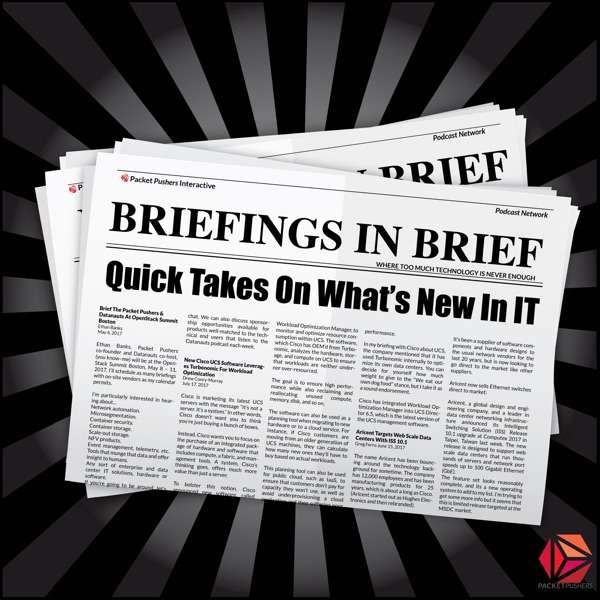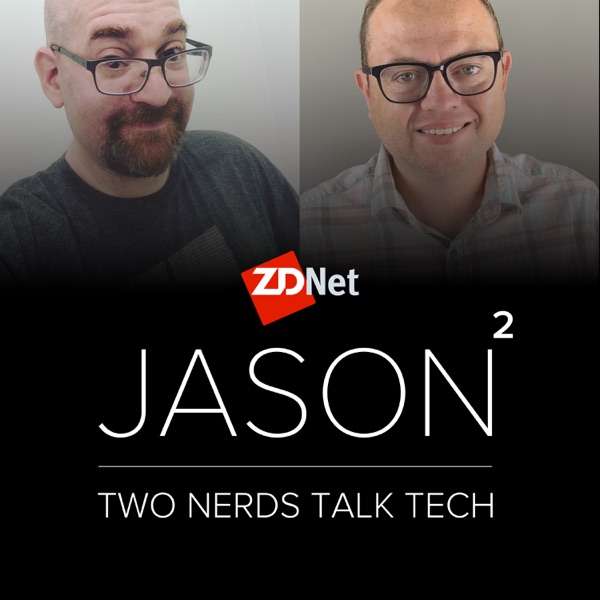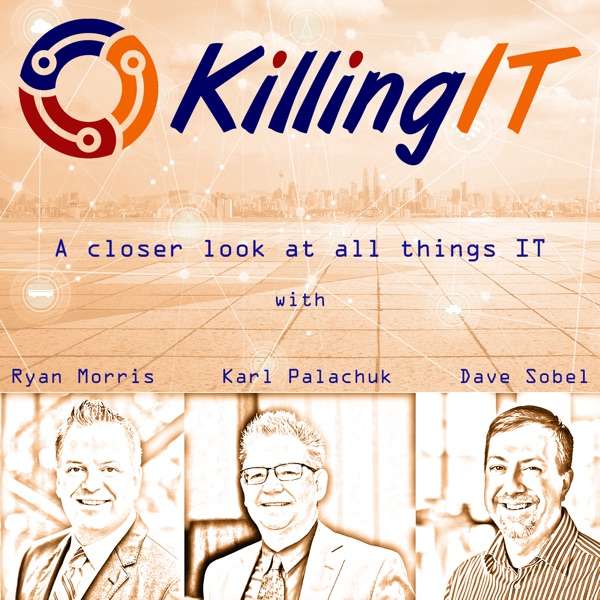Hey there, it's Amaury, your friendly startup enthusiast, and I've got an exciting topic to dive into today. In my latest YouTube video, I tackle the question of outsourcing startup development and whether it's better to opt for a fixed-price or time & material basis. Trust me, you don't want to miss this!
So, here's the deal. When it comes to increasing your level of certainty in your startup journey, there are two paths you can take. The first one is drawing all the screens and defining every single feature in excruciating detail. It's like having a roadmap that leaves no room for surprises. The second path, on the other hand, involves reducing the scope and creating a version zero with just one key feature. It's all about starting small and building momentum.
Now, when you're in the ideation stage, it's wise to launch a small prototype with a fixed price contract. This allows you to test the waters and get a feel for the development process. But as your project progresses and more ideas start flowing, it might be time to switch gears and go for a time and material basis. This way, you have more flexibility and better manageability as new features come into play.
But wait, there's more! If you find that the development quality starts to waver, don't worry. You can always switch back to a fixed time contract to hold your provider accountable. Communication is key here, folks. Lack of clarity in expectations and the provider's inability to deliver on time and at the expected quality are the main issues that can arise. But fear not, by fostering effective communication and understanding with your provider, you can overcome these challenges and keep the project on track.
Now, let's talk about the perks of a time and material basis. This approach allows for greater involvement of the provider, which means you can benefit from their feedback and suggestions. Plus, you can optimize development by reusing technical components, think outside the box, and create extraordinary things. It's all about collaboration and pushing the boundaries of what's possible.
So, where do you start? Well, my recommendation is to begin with a fixed price contract and a small scope. Once you've established trust and understanding with your provider, you can confidently switch to a time and material basis. Stick with this approach unless you encounter high costs and delays, in which case, it might be time to reevaluate.
To keep things running smoothly, keep an eye on important KPIs, such as the real cost of features, troubleshooting compared to new feature development, and code refactoring. These metrics will help you stay on track and make informed decisions along the way.
I'm always here to help, so don't hesitate to ask questions or suggest topics for future videos or podcasts. Together, we'll navigate the startup world and make our dreams a reality. Stay tuned for more valuable insights and let's build something amazing!
----------------------
If you want to know more about us and our program, visit: https://myctofriend.co
You can also get our FREE course: "How to build a startup without a CTO or tech co-founder" on
https://myctofriend.co/htbasaccess
These episodes are also available as a podcast on: https://myctofriend.co/podcast

 Our TOPPODCAST Picks
Our TOPPODCAST Picks  Stay Connected
Stay Connected







